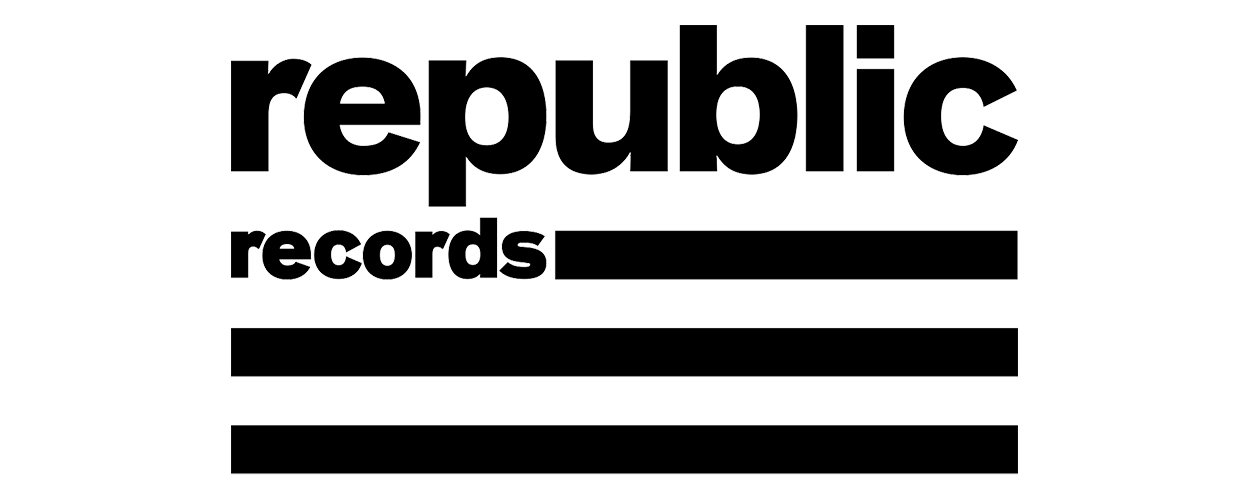This website uses cookies so that we can provide you with the best user experience possible. Cookie information is stored in your browser and performs functions such as recognising you when you return to our website and helping our team to understand which sections of the website you find most interesting and useful.
Business News Labels & Publishers
Republic stops using the word ‘urban’ to describe music
By Andy Malt | Published on Monday 8 June 2020

Universal Music’s Republic Records in the US has announced that it will stop using the word ‘urban’ within the company. As well as being used as an umbrella term for the hip hop and R&B genres, the word also featured in department names and job titles at the Universal division.
In a statement on social media, the company said: “Effective immediately, Republic Records will remove ‘urban’ from our verbiage in describing departments, employee titles and genres. We encourage the rest of the music industry to follow suit as it is important to shape the future … and not adhere to the outdated structures of the past”.
Explaining the decision further in an internal memo, published by Variety, the company said: “‘Urban’ is rooted in the historical evolution of terms that sought to define black music. As with a lot of our history, the original connotation of the term urban was not deemed negative. Nearly 50 years ago [New York radio presenter] Frankie Crocker coined the term ‘urban’ to define the sound of his radio station in an attempt to better represent his audience”.
“However”, it went on, “over time the meaning and connotations of ‘urban’ have shifted and it developed into a generalisation of black people in many sectors of the music industry, including employees and music by black artists. While this change will not and does not affect any of our staff structurally, it will remove the use of this antiquated term”.
The move follows last week’s Black Out Tuesday initiative and Republic parent company Universal Music’s various commitments to “accelerate our efforts in areas such as inclusion and social justice” in the wake of widespread Black Lives Matter protests.
A contentious term for quite some time, distaste for the word ‘urban’ has grown again in recent years. After winning the Best Rap Album Grammy Award for his not really rap album ‘Igor’, Tyler, The Creator criticised the use of the term, and also the practice of trying to automatically pigeon-hole black artists into the urban category or one of its sub-genres, even when that makes no sense.
He said at the time: “It sucks that whenever we – and I mean guys that look up to me – do anything that’s genre-bending or anything, they put it in a rap or urban category. I don’t like that ‘urban’ word. It’s just a politically correct way to say the ‘n word’ to me. When I hear that, I’m like, why can’t we be pop? Half of me feels like the rap nomination was a backhanded compliment”.
While many will welcome ‘urban’ being banished to the past by Republic, it’s not yet clear what new classification the label plans to give artists who were previously covered by that umbrella term. If people just start lumping any artist they’d previously have dubbed urban in with rap or R&B, well – as Tyler, The Creator pointed out – that isn’t really any better if and when the music they’re making isn’t actually rap or R&B.





